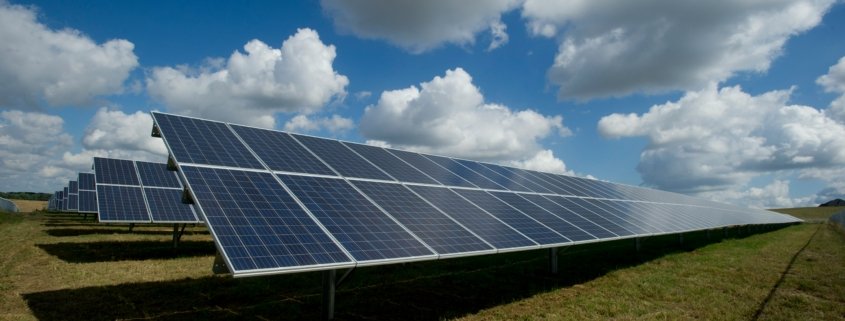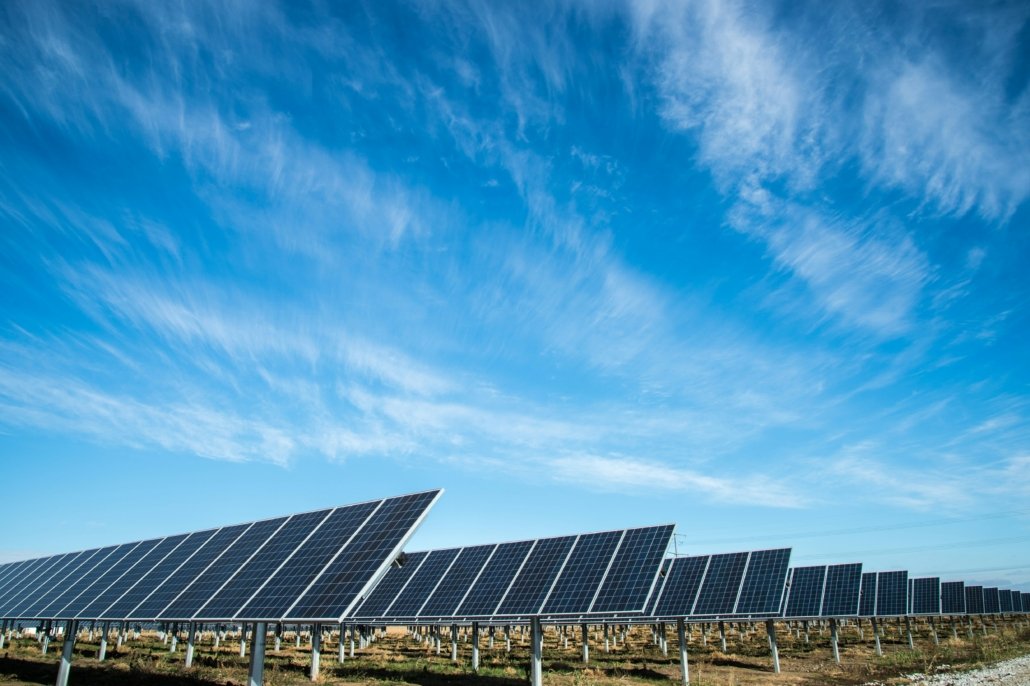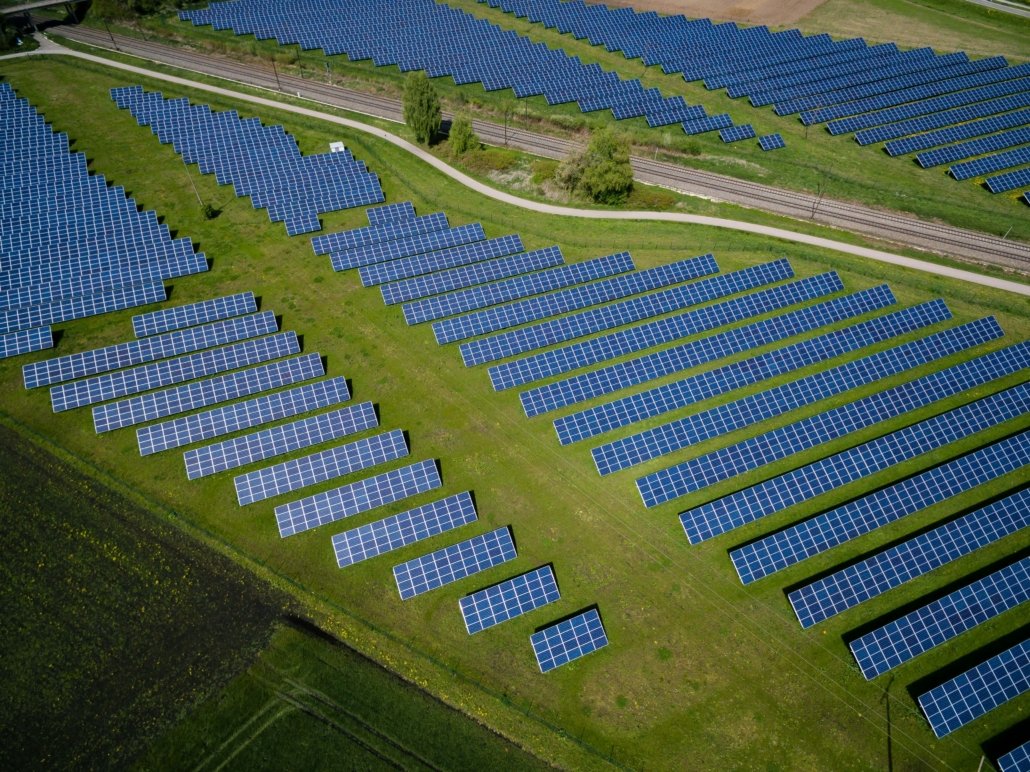Are Solar Panels Worth It in 2025? Cost, Savings & Payback
In 2025, solar panels will become a popular option among residential and commercial property owners. The question on the minds of many people is, “Are solar panels worth it in 2025?”
Did you know that solar panels have become cheaper compared to the past years, and also newer models are more efficient than the older ones? Now, you can get payback for your investment faster than in previous years, thanks to incentives, rebates, and increasing electricity rates.
Apart from savings, solar panels also protect the environment. They lower your carbon footprint and support clean energy use. Many homeowners prefer solar not just for cost savings but also for sustainability.
In this blog, we are going to discuss everything about paybacks and savings..
Is Solar Worth It? Quick Facts
- The Short Answer: Yes. For most homeowners, solar panels are a fantastic long-term investment that significantly increases home value.
- Average Payback: Most U.S. homeowners see a full payback on their system in 6 to 9 years.
- The #1 Reason: The 30% Federal Solar Tax Credit cuts the total cost by nearly one-third, slashing your payback period.
- The Catch: It’s only “worth it” if you use a high-quality installer who ensures your system performs for its full 25-year lifespan.
What Is the Average Cost of Solar Panels in 2025?
Let’s start with the average cost of solar panels in 2025. Once you have a clear understanding of the investment, you will better understand the payback and more savings opportunities.
| System Size | Average Cost (Before Incentives) | Average Cost (After Incentives) | Estimated Savings Over 25 Years |
| 4 kW | $9,200 – $10,800 | $6,400 – $7,600 | $18,000 – $20,000 |
| 6 kW | $13,800 – $16,200 | $9,600 – $11,300 | $27,000 – $30,000 |
| 8 kW | $18,400 – $21,600 | $12,800 – $15,100 | $36,000 – $40,000 |
| 10 kW | $23,000 – $27,000 | $16,000 – $18,900 | $45,000 – $50,000 |
How Much Can You Save with Solar Panels in 2025?
Solar panels will help you save a good amount of money in 2025. The exact amount of savings is contingent on your usage of energy, utility rates in your location, and the size of your solar system. Many homeowners have reported an average savings of $1000 to $2000 on electricity bills annually. The savings would be approximately half a million within 25 years.
Get a Free Payback Analysis via Email
Prefer to email? Send us your questions or attach your utility bill, and one of our solar consultants will reply with a free, detailed payback analysis.
You are also safeguarded against future increasing energy prices with solar power. The higher the energy that your system generates, the less you require from the grid. This will be regular savings each month. By installing solar panels, you are saving money on your bills and creating value in your home in the long term.
Solar Panel Payback Period: What to Expect
The payback of solar panels as of 2025 is determined by the size of the system, location and available incentives in your area. The span of 6 to 10 years is an average solar payback period that you can benefit from. It implies that in that period, the money that you would save in electricity charges would be the same amount you spent on your system. After this point, your power is almost free except for small maintenance expenses.
Federal and state incentives also reduce the time it takes to see results. In some areas with high energy rates per unit, the payback time is shorter. If your rooftop gets good sunlight, you will get faster returns. The solar panel ROI is high because once you pass the payback period, your system continues to generate savings for 15 to 20 years more. It will save thousands of dollars over time. So, you are investing intelligently in your future home and energy by going solar in 2025.
Solve the “Cost” Problem
Don’t let the upfront cost stop you. Our $0-down financing options can get you a new system with no money out of pocket.
Factors That Affect Solar Panel Costs
The rates of solar panels are the most important factor to consider. How much you will pay and how much you will save depend on a lot of factors. Being aware of the following aspects will make you plan a lot better.
-
Location and Sunlight
Your location is something that alters the amount of power that your panels produce. Houses in sunny locations such as Arizona, Nevada, or California generate more savings, benefiting from high sunlight. Cloudy and high-rainy areas cause panels not to work as efficiently and produce less power. Your roof direction and angle are also important. The best results are normally achieved on a south-facing roof. Energy production can be reduced by the shade provided by trees or the buildings around them.
-
System Size
The size of your solar system is very important. Bigger systems cost more but produce more electricity. Smaller systems are cheaper but make less power. A large home often needs more panels; however, a small home needs fewer. The right size of a system depends on your monthly energy needs. Matching your needs will help you save more on your bills.
-
Type of Panels
Solar panels are not all the same. The type of panel you pick will change your total price and long-term savings. Some panels are very efficient but cost more, while some standard panels are cheaper but make less power in the same area. If your roof is small, efficient panels would be better. If your roof is large, standard panels can be enough.
-
Installation Costs
Labor is a big part of the solar project’s total budget. If you live in a city with high wages, you will pay more for labor. In rural areas, labor often costs less. The shape of your roof also changes the price. Flat roofs are easier to work on. Steep or complex roofs take more time and cost more. Extra equipment, like mounting brackets, will also add to costs. financial publications like Forbes
-
Incentives and Tax Credits
You can benefit from federal tax credits and solar incentives. Search for what options are available in your area, contact your solar company for details and benefit from them. You can make your system more profitable using these options and make your solar payback period even shorter.
-
Electricity Rates
Solar power cuts the need to buy electricity from the main grid. The higher the rates of electricity per unit, the more you will save each month. So, your area’s electricity rates have a strong effect on your savings. If you live in a state with high rates, solar panels save you more money, but if local rates are low, the savings will be less.
-
Maintenance Cost
Most solar panels last 25 years or more, and they only need to be cleaned frequently for long-term efficient performance. Inverters usually need replacing after 10 to 15 years, which adds to your solar expense.
Are Solar Panels a Good Investment for Homeowners?
Yes, they are. Let’s know how!
-
Lower Electricity Bills
Solar panels will reduce your utility bills immediately. They will allow you to power yourself up. Savings are possible up to $40,000 or more over a period of 25 years. These savings can grow with the increase in electricity rates per unit in your area. 30% Federal Tax Credit
-
Protection from Rising Energy Costs
Utility rates often rise every year. With solar systems on your rooftop, your energy expense will remain steady. You will avoid big jumps in monthly bills, which will make your budget more stable.
-
Increase in Home Value
Solar panels will raise the value of your property. Homes with solar often sell faster, and buyers benefit from lower energy bills. A house with solar also attracts more interest in the market.
-
Support from Incentives and Rebates
With incentives and rebates, your upfront cost will be reduced, and the solar payback period will become shorter. Using these options, your solar system will pay for itself for 6 to 10 years (as already mentioned).
-
Long Lifespan and Low Maintenance
As the solar system can last for 25 years with a little bit of upkeep, once you get payback of your investment, the energy will be free of cost for you, excluding maintenance expenses.
-
Environmental Benefits
Solar energy is renewable, and it minimizes fossil fuel consumption. It also lowers carbon emissions, hence saving money while saving the planet.
-
A Smart Long-Term Investment
Solar panels are not just for savings today. However, they protect you against an increase in electricity cost, raise the value of your home, and have long-term payoffs.
Is solar worth it?
So, solar is considered to be one of the best investments for homeowners in 2025.
Calculate Your Personal Payback
Want to see the math for your home? Use our free solar calculator to estimate your specific costs and long-term savings.
Solar Panel Lifespan and Maintenance Costs
Solar panels can be durable, requiring minimal maintenance. The majority of the systems last for decades to keep working, and the primary expense consists of changing the inverter.
| Item | Average Lifespan | Estimated Cost | Notes |
| Solar Panels | 25 – 30 years | Cleaning: $150 – $300 per year | Panels often carry a 25-year warranty |
| Inverter (String) | 10 – 15 years | $1,000 – $2,000 | Needs replacing at least once in its lifespan |
| Microinverters | 20 – 25 years | $1,000 – $2,500 (system-wide) | Last longer but cost more upfront |
| Battery (optional) | 10– 15 years | $5,000 – $10,000 | Only needed if you choose the storage option |
Tips to Expand the Life of Solar Panels
- Clean panels often with water to keep dust and dirt away.
- Cut nearby trees so branches do not block the sunlight.
- Watch for bird nests that can cause damage to your panels.
- Call a professional once a year to check the solar system.
- Never walk on the panels because they can crack or break.
- Hire skilled workers for installation to make sure panels stay secure.
- Track your system monthly to see if power output is dropping.
- Remove snow carefully in winter so panels can keep working efficiently.
Conclusion
The cost of solar panels can be worth it to a majority of homeowners in the year 2025. They reduce the electrical bills, cushion against an increase in electricity rates, and raise the value of your house. Having long life cycles and minimal maintenance, they provide high returns over a number of years. Rebates and incentives are used to minimize the initial cost. Making a decision to go solar is a good move that will save as well as make one energy independent. By installing panels, you are making a smart move for your future. Go ahead after getting assistance from professional installers!
Get Your *Exact* Payback Period
An estimate is good. An exact quote is better. Contact our team for a free, no-obligation audit of your home’s solar potential.
FAQs
Do solar panels need special insurance coverage?
+
Yes, a special insurance cover is frequently required on solar panels. Many homeowners are adding them to their existing policy. This ensures panels against destruction by storm, fire, or theft. Prior to installation, you should verify information with your insurance company.
Can I install solar panels if my roof is old?
+
In case your roof is old, you are recommended to replace it prior to installing solar panels. An old roof would not take panels well. Mounting on a new roof or a sound roof eliminates future complications and additional expenses.
Do solar panels increase property taxes for homeowners?
+
Solar panels in most regions do not cause a property tax increment. Certain states are providing tax breaks to promote the use of solar. Panels increase the value of homes, yet exemptions allow the level of taxes to remain constant. The best thing to do is to always look at local regulations before installing solar panels on your premises.



Leave a Reply
Want to join the discussion?Feel free to contribute!